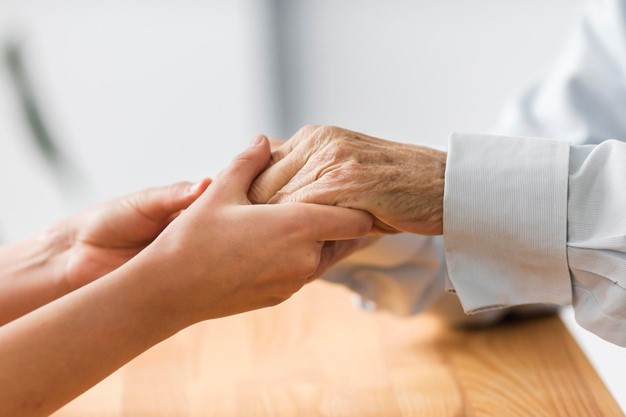
According to research, approximately 50% of men between the ages of 51 and 60 will develop symptoms of benign prostatic hyperplasia (BPH). Also known as an enlarged prostate, the urologic condition affects millions of men across the globe.
Continue reading “A Guide to Coping with an Enlarged Prostate”







